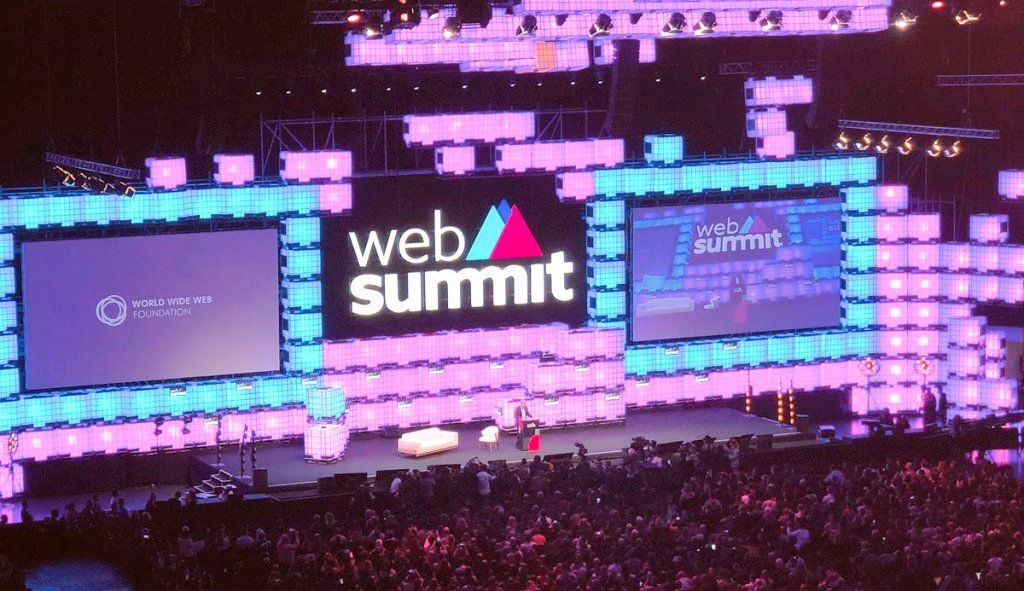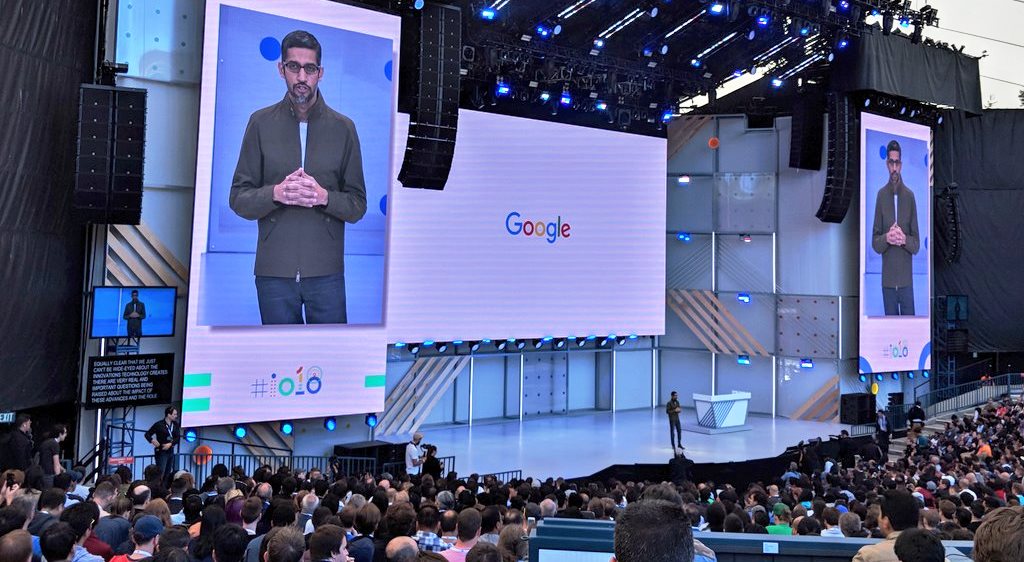As the world awaits the 50/50 moment when more than half of the world’s population will be online, inventor of the World Wide Web, Tim Berners-Lee has launched a campaign to persuade governments, companies and individuals to sign a Contract for the Web.
TheNewsGuru (TNG) reports Contract for the Web that has received support from Internet giants, including Google, is a set of principles designed to defend a free and open Internet.
Berners-Lee, who hatched the Web in 1989, said a sense of optimism about the Internet had been damaged by abuses of personal data, online hate speech, political manipulation and the centralization of power among a small group of major tech firms.
He said he wanted to rebuild trust in the web and increase Internet access on fair and affordable terms by encouraging governments, companies and individuals to work together.
“The web was designed to bring people together and make knowledge freely available. Everyone has a role to play to ensure the web serves humanity,” an excerpt from Contract for the Web read.
Contract for the Web – Core Principles
Governments will: Ensure everyone can connect to the internet so that anyone, no matter who they are or where they live, can participate actively online.
Governments will: Keep all of the internet available, all of the time so that no one is denied their right to full internet access.
Governments will: Respect people’s fundamental right to privacy so everyone can use the internet freely, safely and without fear.
Companies will: Make the internet affordable and accessible to everyone so that no one is excluded from using and shaping the web.
Companies will: Respect consumers’ privacy and personal data so people are in control of their lives online.
Companies will: Develop technologies that support the best in humanity and challenge the worst so the web really is a public good that puts people first.
Citizens will: Be creators and collaborators on the web so the web has rich and relevant content for everyone.
Citizens will: Build strong communities that respect civil discourse and human dignity so that everyone feels safe and welcome online.
Citizens will: Fight for the web so the web remains open and a global public resource for people everywhere, now and in the future.
“We are encouraging governments, companies and citizens around the world to commit to these principles, and to help protect the open web as a public good and a basic right for everyone,” the contract read.



